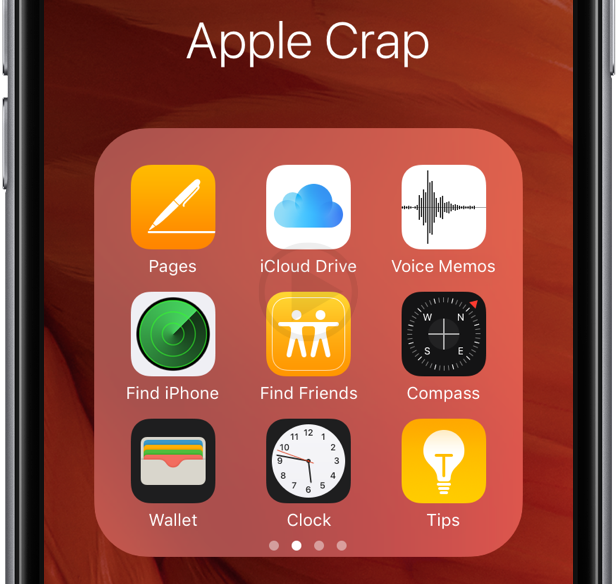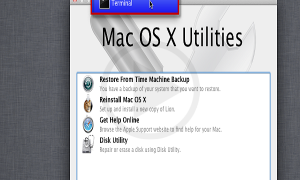An extremely basic objection from iOS clients is that unused stock applications can’t be concealed or expelled from the Home screen, so ‘less valuable’ applications like Tips or Stocks must be covered up in an organizer some place to get them off the Home screen. As noted by AppAdvice, the interior App Store JSON information source has included two or three new fascinating keys in the most recent couple of weeks, which recommends that Apple is truth be told adding the capacity to conceal stock applications soon.
The increments to the interior API incorporate keys for “isFirstParty” and ‘isFirstPartyHideableApp’. In our testing, we could confirm the presence of the boolean fields, however could just ever discover them with a false esteem. This bodes well given that the App Store to date just has third‐gathering applications offered as discretionary downloads.
In a future OS discharge (iOS 10?), this revelation recommends that at any rate some stock Apple applications will be hideable somehow. Maybe center elements like the Phone or Messages application will stay obligatory, however apparently applications like Compass or Calculator would be client removable. Tim Cook implied at something like this in a meeting with Buzzfeed back in September.
Lamentably, the iTunes metadata spill can’t uncover any data about how Apple arrangements to utilize these keys. Conjecturing, it could imply that Apple stock applications will begin being recorded in the App Store. For instance, if a client shrouded the Stocks application however later chose they needed to restore its position on their Home Screen, they would visit the App Store and re‐download the application reflecting the experience for outsider applications.
It might likewise imply that stock applications could turn out to be less subject to the framework OS, conceivably permitting Apple to push upgrades to stock applications by means of the App Store as opposed to sitting tight for the following real framework programming overhauls.



































